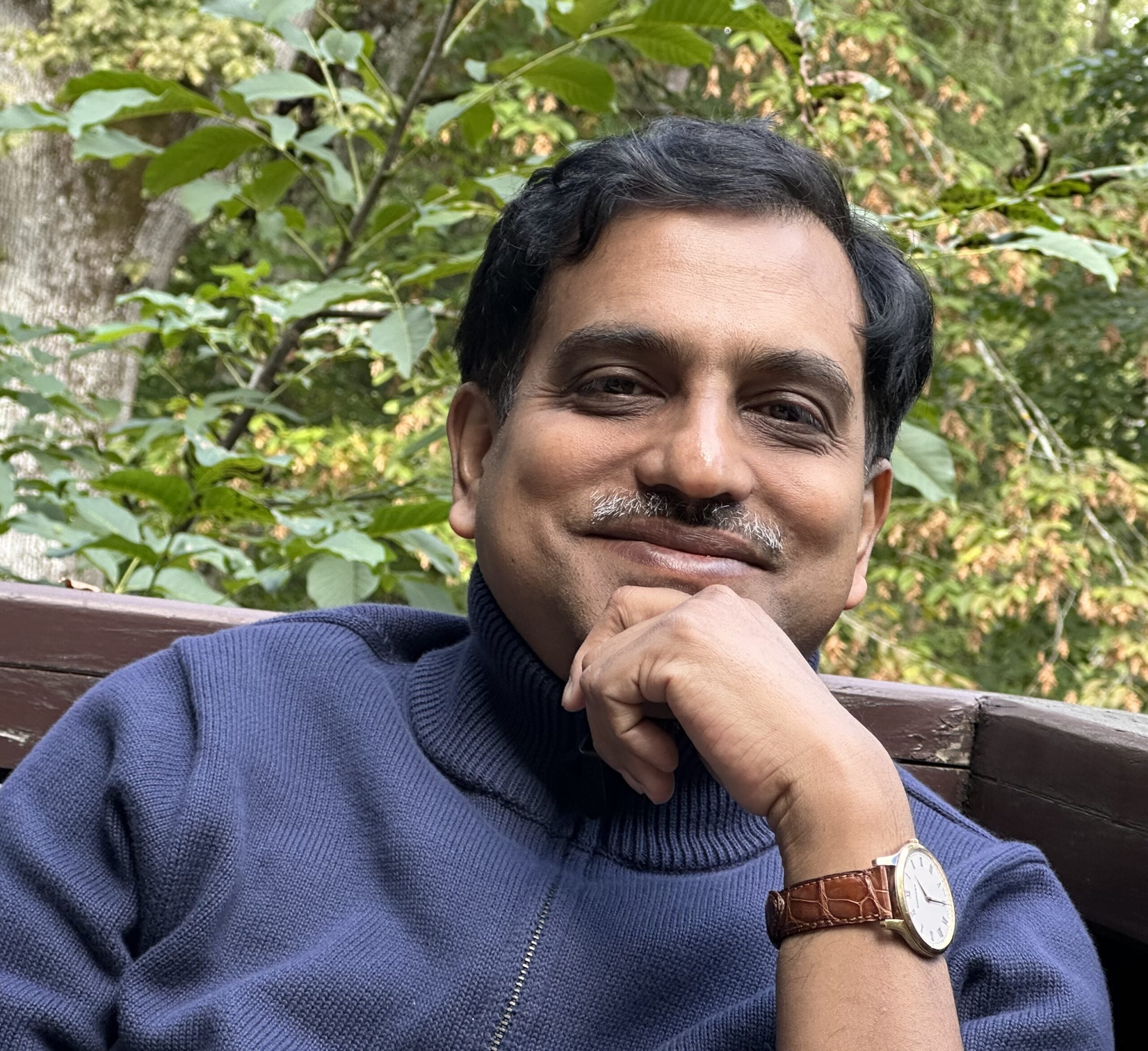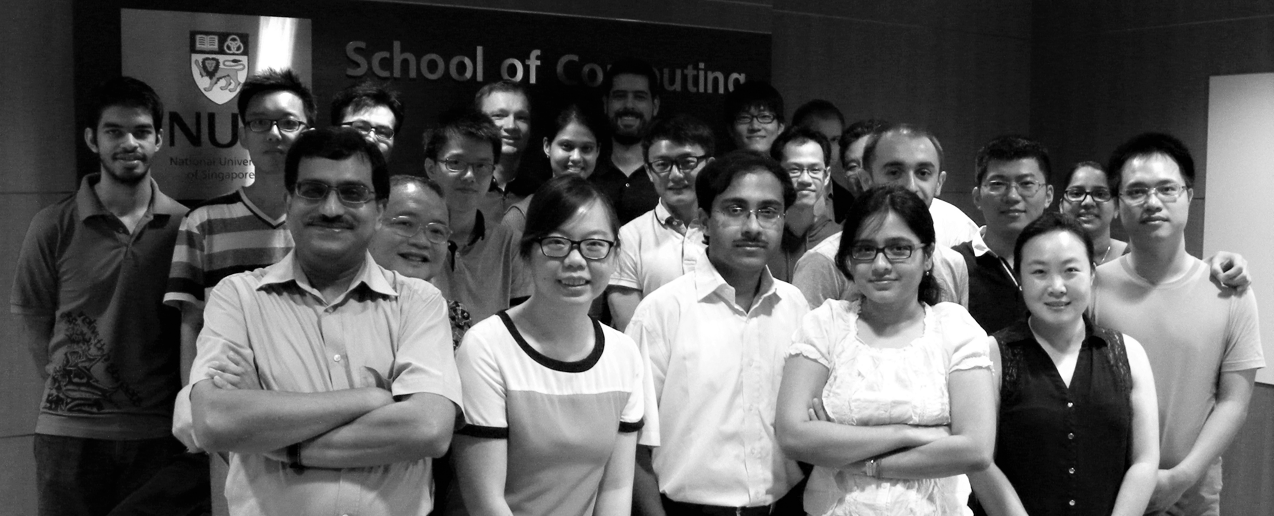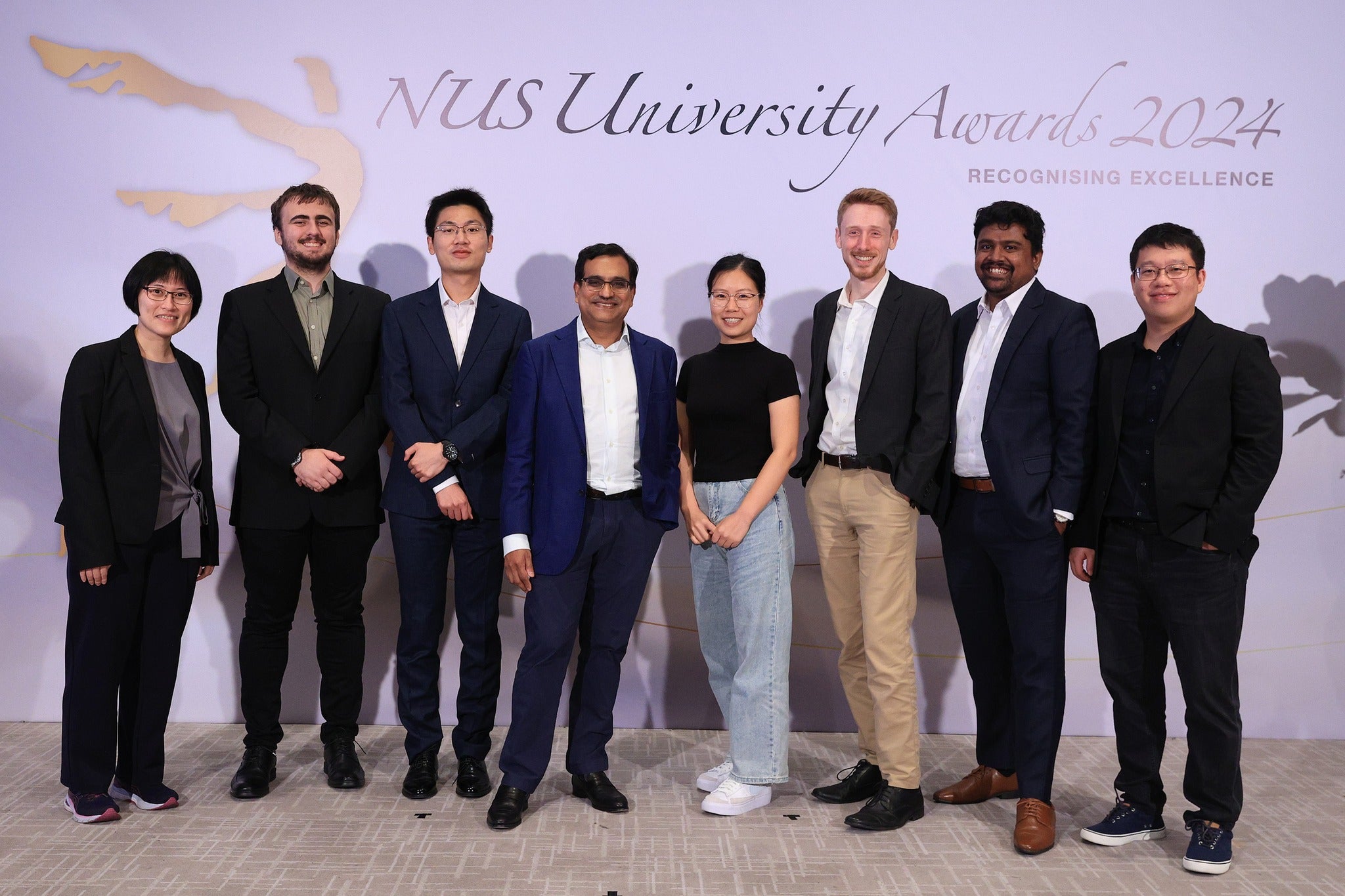

Provost's Chair Professor Abhik Roychoudhury
Faculty & Department
Joint Appointments
Professor, Integrative Sciences and Engineering
Education
Doctor of Philosophy, State University of New York, Stony Brook, United States
Bachelor of Computer Science & Engineering, Jadavpur University, India
Bio
Abhik Roychoudhury is Provost’s Chair Professor of Computer Science at the National University of Singapore (NUS), where he leads a research team on Trustworthy and Secure Software (TSS). He is Senior Advisor at SonarSource, subsequent to the acquisition of his spinoff AutoCodeRover on AI agents for coding. He received his PhD in Computer Science from the Stony Brook University in 2000, and has been a faculty member at NUS School of Computing since 2001. Abhik’s group at NUS has focused on symbolic program analysis, along with applications of program analysis to areas such as computer security, agentic AI or cyber-physical systems. These works have been honored with various awards including an International Conference on Software Engineering (ICSE) Most Influential Paper Award (Test-of-time award) for (symbolic analysis based) program repair, IEEE New Directions Award 2022 (jointly with Cristian Cadar) for contributions to symbolic execution.
Abhik was the inaugural recipient of the NUS Outstanding Graduate Mentor Award 2024. Doctoral students graduated from his research team have taken up faculty positions in many top academic institutions. He has served the software engineering research community in various capacities including as chair of the major conferences of the field, ICSE (in 2024) and FSE (in 2022). Currently, he serves as chair of the FSE steering committee. He is a member of the editorial board of Communications of the ACM. He is the current Editor-in-Chief of the ACM Transactions on Software Engineering and Methodology (TOSEM). Abhik is a Fellow of the ACM.
Contact Information
A common wisdom in setting up a research team is to leverage research networks to recruit students with specific backgrounds which are useful to the faculty members’ research. This leads to a quick ramp-up of activities, and often leads to a steady flow of incoming graduate students into the research team, letting it grow and prosper. In my research team at NUS, we have followed a different approach. The central piece of our approach has always been “coming up with new ideas”, and encouraging students to be imaginative, instead of only being problem solvers. Thus, instead of utilizing students to solve a given problem – we have encouraged students to be collaborators in the research journey, while they learn the art of research along the way. This has created a lot more space for research discussions in my team, as opposed to students carrying out specific research activities assigned to them. For the same reason, in graduate mentoring, I have always seen my role as “PhD advisor” instead of “PhD supervisor” and stressed as much as possible to my students that they should see me as PhD advisor. While the use of the word “advisor” instead of “supervisor” may seem like a simple change of word, it is much more than a change of syntax, as it denotes a change of mindset. Thus, the focus is on “mentorship” instead of “supervision”.
AI-based Automatic Programming: Large Language Model agent AutoCodeRover, see https://autocoderover.dev
Program Repair: Semantic techniques for automated program repair (SemFix/Angelix)
Fuzz Testing: Initiated Fuzz testing as an algorithmic framework, research (AFLFast/AFLGo) transitioned to practice of security testing.
My group focuses on the following topics: Software Testing, Program Analysis, Trustworthy Software Systems, Software Security Details can be found from the group webpage

Trustworthy Systems from UN-trusted component AMalgamations
The TSUNAMi center focuses on software and system security. The center examines how trustworthy software can be built from commercial off-the-shelf (COTS) software components via ingenious combinations of analysis, testing, verification, hardening, isolation and system design. The proposed technologies can used in myriad ways – for building trustworthy software systems, for post-mortem analysis of malicious software, or for security assessment of specific software components. The center received a funding of $6.1M from National Research Foundation in October 2014 for a period of five years.
Details: Home | TSUNAMi
My Mentoring Style
How would you describe your mentoring style in terms of freedom given to your students?

Selecting Research Topics?
How do you guide your PhD students in selecting research topics?

Setbacks / Challenges
How do you handle setbacks or challenges faced by your PhD students?

Feedback
How do you give feedback on your students’ thesis drafts and progress?

Consultation Frequency
How often do you typically meet your PhD students one-on-one for consultation?

Research Group Meetings
How often do you typically hold lab meetings where your PhD students present their research work to the class?



